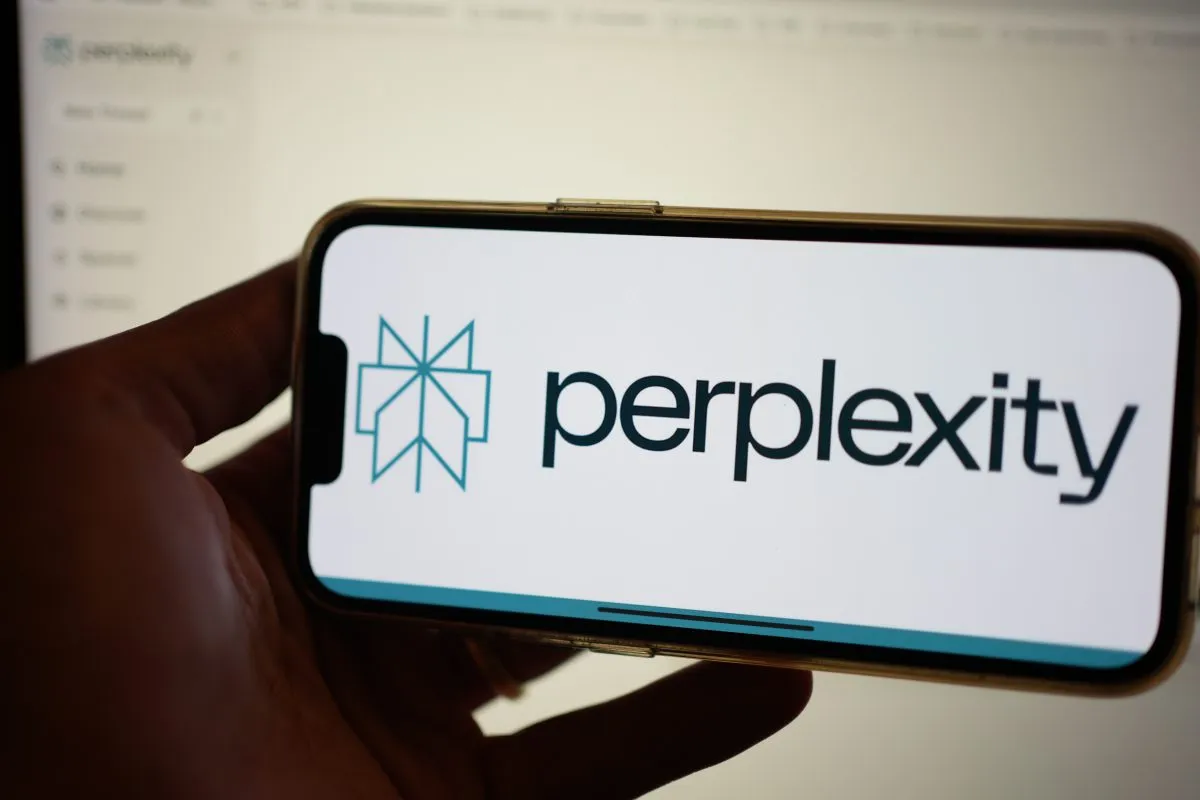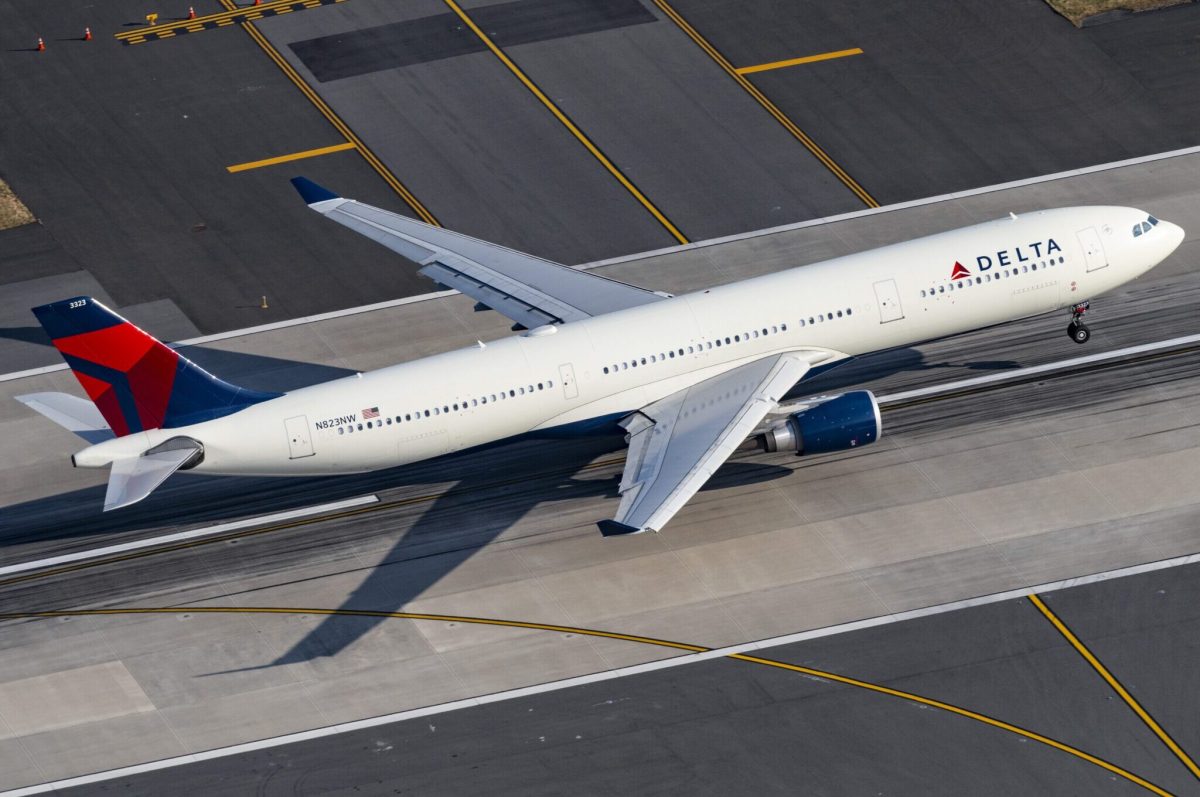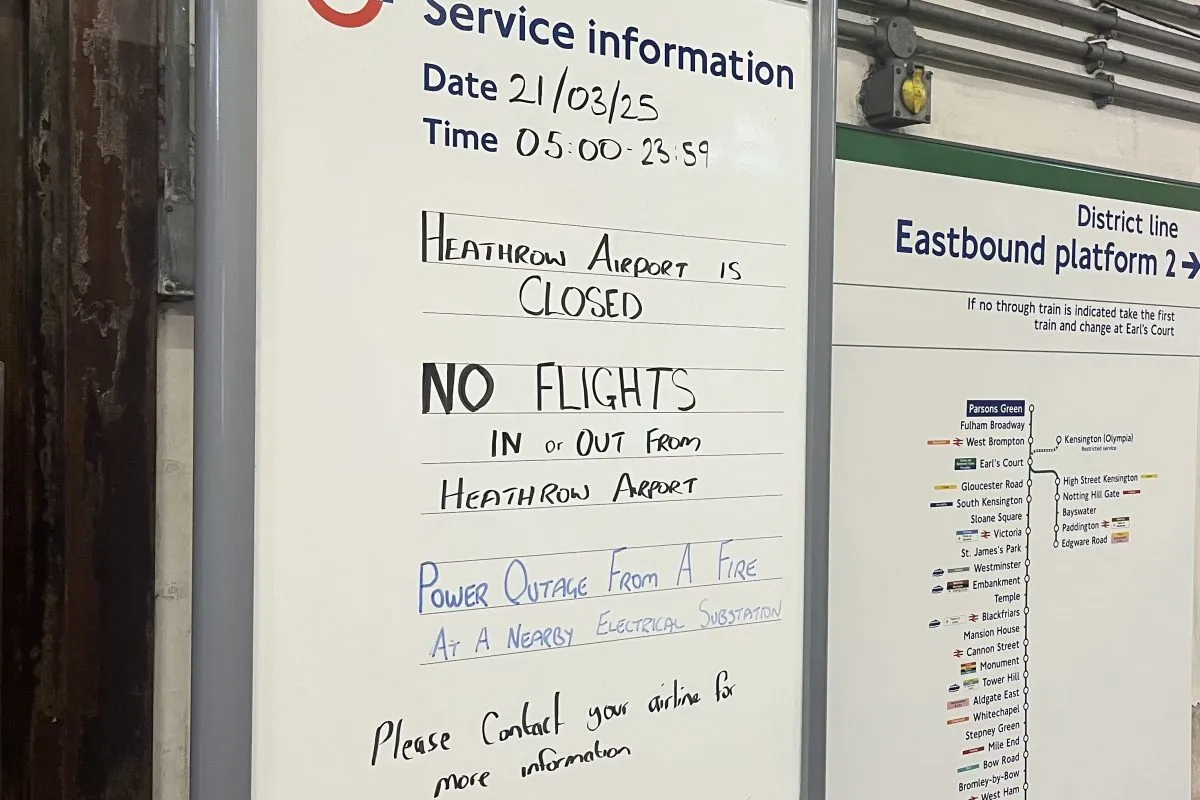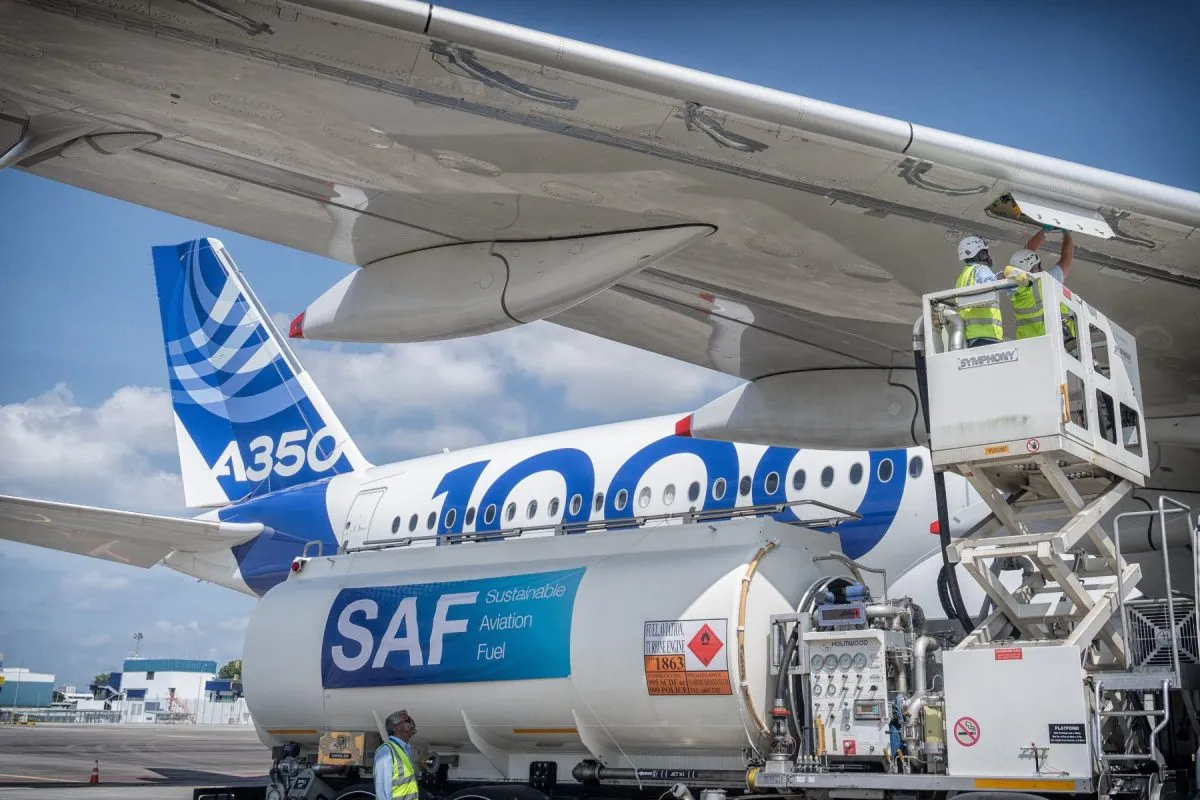Oyo CEO Discusses Personal Highs and Lows, Shark Tank's Impact – Full Video
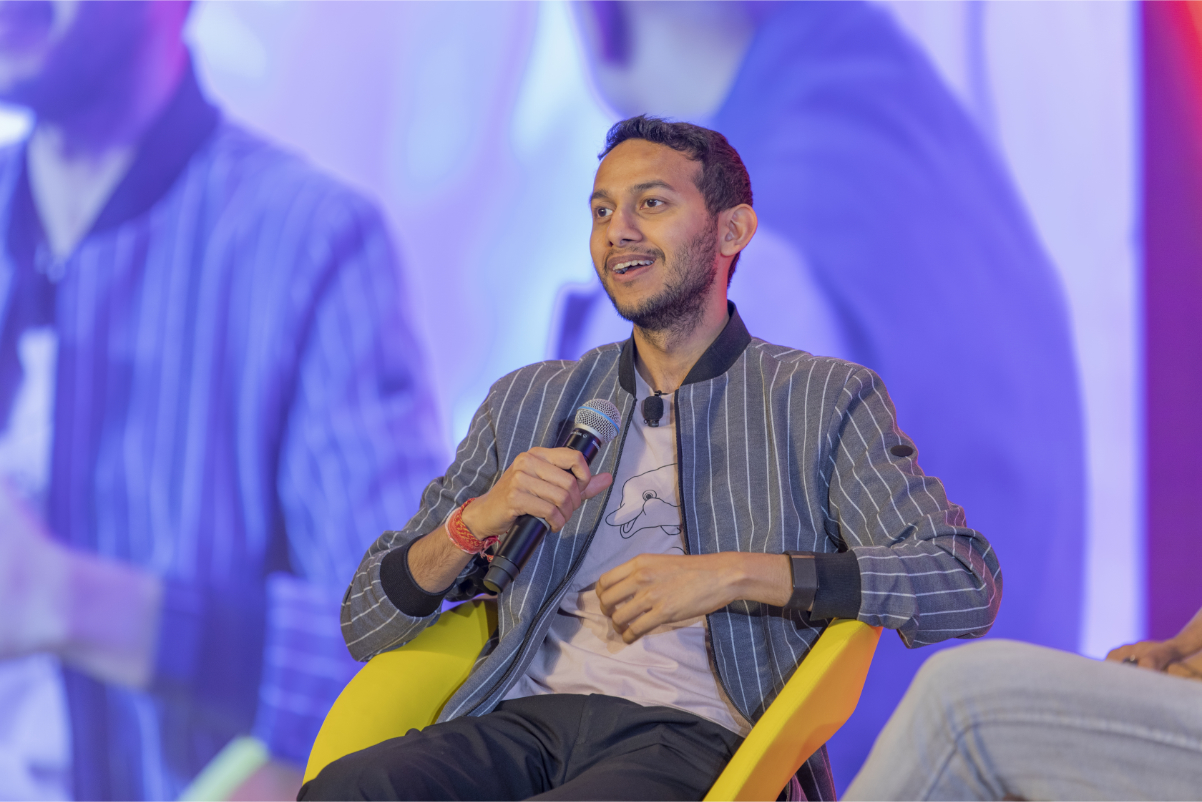
Skift Take
Ritesh Agarwal launched Oyo with the ambition of becoming the world's largest hotel chain. After experiencing some pandemic-era struggles, Oyo has seen the hotel business rebound strongly. Its vacation rental subsidiary in Europe has also done well.
Agarwal discussed a wide variety of subjects with Skift CEO and founder Rafat Ali during the recent Skift India Summit 2024. Here are Agarwal's thoughts on, India's surging economy, Oyo's growing portfolio, and personal highs and lows from the past year. Watch the full interview below.
OYO's Post-Covid Journey
Agarwal: I think first off, I'm very excited about where I am today. I think that in life, there are always certain moments or certain situations — a journey that leaves a lasting effect on you. So I think the last two or three years have left a lasting effect in me. During Covid, a lot of people tried to anticipate that Oyo probably would not be around a couple of years later. And I think I'm happy that that gave us an opportunity to sort of hunker down, focus on what we know best, and just focus on it. And I think that's why three years out, we are today at a place where we are.
Thankfully, we talked about three things — then rooms, hotels, revenue slash margins. We did not talk about profits and cash flows because (at) that point in time, that was not the key focus. But I think now we have profits, we have cash flows, and we recognize that next time there is a challenge or an opportunity, we'll be far better placed to take advantage of it.
So I think I'm happy about the last three years — it has transformed us as individuals, transformed us as a company and I think the ambition is still there. But the ambition has evolved. The ambition has evolved to sort of say that we have to just be better than what we were yesterday, every single day. So it's a more relative ambition than that of an absolute ambition.
Finding Balance in Business
Agarwal: I think I have learned that one of the most critical things as you grow your business is balance. I actually have a picture in our office, and a lot of people ask me why it is there. In India, if you go to a lot of fairs, you'll find two sticks, a little rope, and a little girl trying to walk on it from one end to the other.
I feel like running a consumer brand is sort of like that. You have to deliver great customer experience – that is critical, that at this price, can we deliver better experience than anyone else in this segment of economy to mid scale, whichever we operate in? How do we give the most revenue for our property owners? How do we make sure that our distribution partners can get access to inventory they would've never gotten access to? And how do we, as a company, create enough margins?
So I have put thresholds on each one of them. So consumer ratings, every day in the morning I would get country-wide report of consumer ratings. The average now is, let's call it 4.1 on five. The target is to go to 4.3 on five. We don't want to add (any) hotels which bring the ratings lower than 4.1 on five because they need to marginally be accretive.
Similarly, how much business we give to our owners every month is crucial to me. And the third is what should be our EBITDA margin as a percentage of bookings. And these are three things that I feel like if we can consistently manage three of them all right, we are doing good. So to the extent these three are there, we want to grow as quickly as we can. If these three are not there, we are happy to take a pause and take our time before we start growing again.
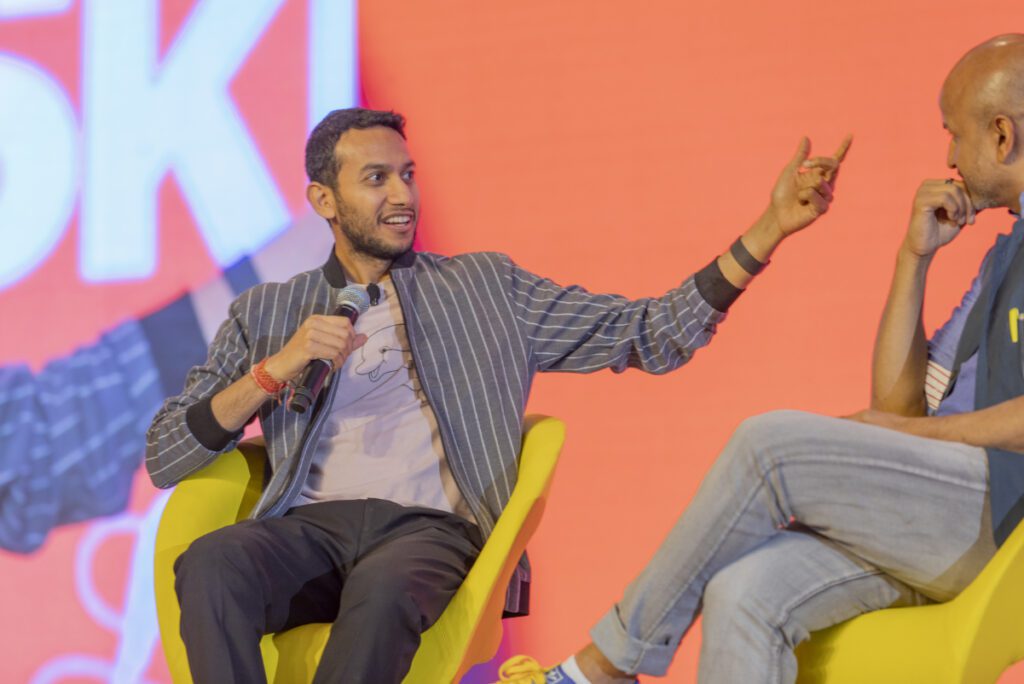
How Covid Was a Blessing in Disguise
Agarwal: I think (when) Covid hit, most people said Oyo would be out of business because it was growing so quickly. My friend Rafat says Covid may actually be (an) angel in disguise because it'll force you to focus on the markets that are most relevant to you, which are India and maybe Southeast Asia.
And I believe that this company will be successful — but successful when it focuses on its core. And I partly agree with that now. Not fully yet, but I don't agree with it to partly agree that's progress.
OYO's Business in the U.S.
Agarwal: I came back from (the) U.S. two days ago. I visited Florida and Charlotte; I visited New Temple in New Jersey and New York. Pre-Covid, we were just one more brand focused on the economy and mid-scale hotels in the U.S. During Covid, like most other people, we were just waiting to see what value do we add to these hotel owners. Do they stay with us or not? Because when you're not giving out the money and you have to make margins, that's when you really know whether you're providing a service that the customers and the hotel owners want.
What we figured out is 70% of our hotels had not received any online revenue before we had come. So they sort of saw us as their online person. They said we can get all the online revenue increase if I partner with Oyo, the technologies give us that upside. It may not give us a lot of things that probably traditional franchise or did eventually maybe we will get that also.
But I think digital demand creation and explaining that to our staff and creating a franchise is digital first is something that's unique to this company and that's done well for us. We were a little over 100 hotels two and a half years back. Now we are close to 350 hotels.
Why Oyo Is Looking to Go Upscale
Agarwal: I think what we are seeing is we see India, of course, as a home market, and hence our ability to experiment and try newer things is easier. The Indian customer is rapidly evolving. The per capita income is growing in a speed like never before. The recent results came out, India is the fastest growing major economy in the world, growing by almost 8.5% (gross domestic product) rate.
So our view is that fundamentally the same customers who are spending $30 today would like to spend 50 or $60 in some years. And the same customers who are spending $50 today would like to spend $100 or $200 in the years to come.
Doesn't mean there'll be not new customers who will spend $30, there will be those, but we think that in India there's an opportunity to upscale, because a lot of our current owners are getting these upmarket hotels and our current customers are wanting to go and stay in these hotels.
What is Oyo's Footprint and Portfolio in India?
Agarwal: We are in quite a few locations in India. So just for context, we manage or partner over 10,000 Oyo hotels in India. But the context is that India has close to 250,000 of these small 20 bedroom hotels that exist. We've got 10,000 of them and we have to do a far better job in terms of upgrading our experiences for our customers, making sure that our owners get better yields, which is a big focus we've had.
So, for example, in FY '23, which was year ended March '23 in the Indian fiscal year context is that last year when we ended March, we added no hotels in India. We said we'll only focus on the productivity of our owners and make sure that we get them the best yields, improve the quality, and so on.
Last year, we opened 3,000 new storefronts in India. So our perspective is that we can keep adding in India three, three and a half thousand hotels consistently in years to come. By market size, we could do a lot more, but the reason I'm not doing it is going back to what I mentioned initially, is that the only scale that I want to pursue is where I can have marginally improved customer service, marginally improved, better returns for my owners, and our own EBITDA (earnings before interest, taxes, depreciation, amortization) margins is healthier.
And of course our distribution partners get upside. So I think I've learned that there's a balance where I can do all three four of these things together, just like the little girl in between the two sticks.
Is Oyo a Hotel Company, a Distributor, or a Tech Company?
Agarwal: Well, I think there's a fourth option, which is a consumer brand. Our purpose is to give great quality experiences to our customers, deliver the highest profit growth to our hotel owners while making sure that we deliver great returns to our shareholders.
So I think it's not a purpose, but sort of more the three things that we work for every day. And I think in that context, whatever fits in to do these three things, that's what we are. But we're more a consumer brand is how we see.
Whether to Go Public or Not
I think from our (initial public offering) perspective in 2021 or 2022 in that range, we considered a public offering. At that point in time we required access to capital because we were just coming out of Covid, capital was needed. Good news is now the company is profitable, cashflow generating ...
My view is that at this point of time we don't need access to capital from either of the public markets or the private markets. Currently our focus is just delivering good earnings results and so on.
Our board is of course keeping a very close eye in the public markets. I think the Indian public markets, especially for hotel companies, have done really well. At the same time, I think when we see opportunities ahead of ourselves, you may have seen that two months back we paid down almost $200 million of our debt through both cash in hand as well as the cash that our company had generated.
So we will continue to de-lever. Our continued job is that we generate more cash, de-lever, make sure that shareholders have great returns. Whenever the board feels that the markets are right for them to consider public offering, we will be ready to go out.
Oyo Is Placing a Heavy Emphasis on Religious Tourism
Agarwal: I can tell you that the only holiday that our parents took us to more or less was a pilgrimage destination ... But infrastructure never existed, and there was never a conscious push in the ecosystem for the growth of religious tourism. What we've seen now is that there is a rapid transformation happening there. Infrastructure has been created like never before.
Ayodhya, I believe will probably be one of the largest religious destinations in the world at par, maybe far bigger than Venice, Mecca and various other destinations. My view is that as that happens, accommodation and travel industry is going to benefit the most as an outcome and they're probably required also. So that's why when the Ramadhan opened in Ayodhya, we opened 65 hotels there.
Lessons From His Father
Agarwal: I think as an entrepreneur, highs and lows are almost something that you get used to.
But I think on one side, my dad was a big enabler for me to pursue entrepreneurship because between dad and mom, both of them didn't want me to drop out. But dad was relatively the more open-minded one who acted as the — let's call it as somebody who convinced mom eventually.
And he came up with the idea that we would tell mom that it's a one gap year and if the company doesn't do well, then I can go back to university. And we both agreed that I'm never going back to university, but he said that's the middle ground that we can convince mom.
So I think I was close to him and I'm just so happy because for the last six years he was chasing me (with) "When are you going to get married?" So I'm happy that he celebrated the wedding and his favorite Bunda, he was able to participate with that too.
But I think nothing prepares you for the loss of a parent. I think I was recently doing a podcast with Nikhil Kamath who lost his father recently as well. And I think I was talking to him that nothing prepares you for it. There is no logical way to be prepared for that situation.
Shark Tank Had a Big Impact on Oyo
Agarwal: So we spoke to folks at Shark Tank last two years and I think we were constantly thinking about what's the opportunity, how much of an impact it would make to startups. And I think I always felt it would make a great impact, but I never knew the extent of this impact.
So we were opening our Sunday in Jeppu, I think five months back. And every time we open a hotel in the evenings, I invite other hotel owners in town, friends of the company, travel agents, whoever we do business with, and corporate clients to come join us for dinner in the evening. So we'd invited them and a lot of people usually would bring their children along as well.
What is interesting this time is everybody said you know Jeppu is also having entrepreneurship like in Shark Tank and this is not one multiple people. And this happened in Jeppu and it happened in Lucknow my wife's from Lucknow and multiple other places. And everywhere I learned that Shark Tank was, especially in India, becoming synonymous to entrepreneurship, especially in the grassroots levels.
Are Activities and Experiences in Oyo's Future?
Agarwal: Not in the near term. I think in the near term, I have learned that doing a few things and doing them right is valuable, and there are some entrepreneurs who do a great job of it. So we are talking to some of those companies to partner with them, but we would just integrate with others. We would not like to do it ourselves, at least in the near term.
Long-term, never say never.
Oyo's Big Plans for Its Accelerator Program
Agarwal: We launched last year a program called the Accelerator Program. Where we have hotel owners who basically help us, one owner who can open 10, 15, 20, hotels over time. These are sort of hotel owners who bring multiple hotels along with them. It was started by Anu, who I started with. I see Anu just somewhere here. There is Anush. Very few people know that I started Oyo with Anush, but I think the program that we started has now grown from one hotel to 700 hotels run by only 80 people. So 80 of our current owners have opened 700 new hotels in a year.
These owners understand our customer service very well. They understand how to use our technology very well. They're sort of like the master franchisees of other big QSR brands. So if I could find more of these people who are really good multi-hotel operators, it would make our lives so much easier. And I think that's the thing that over the many years, companies like Marriott and others have done so well in the US that they have great platform owners who are able to add multiple hotels and create value.


